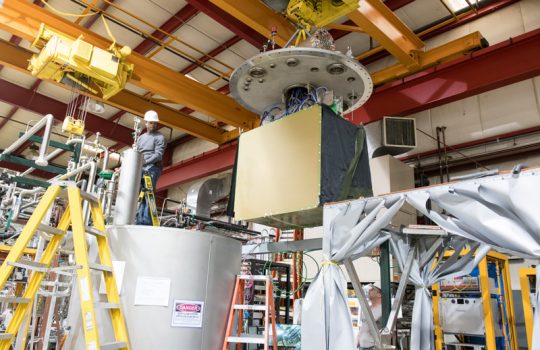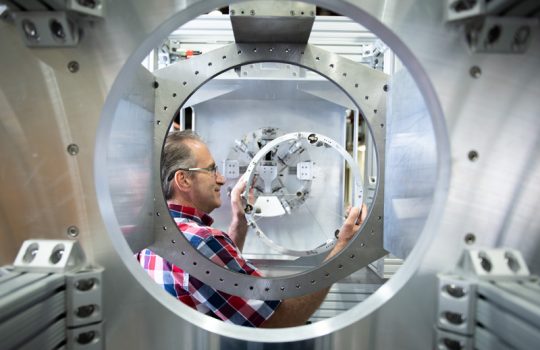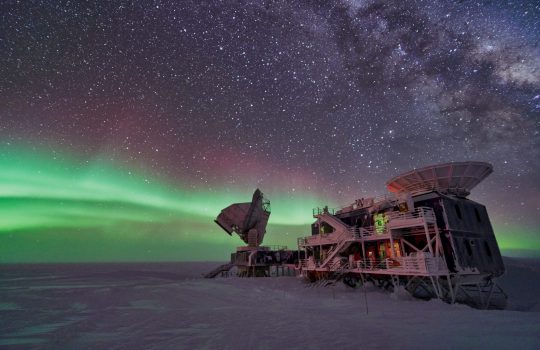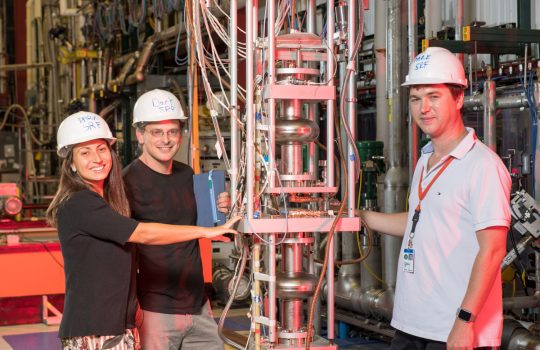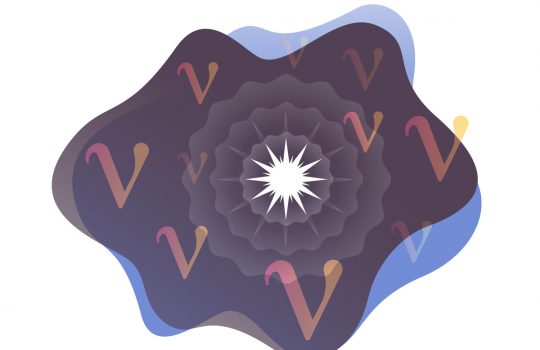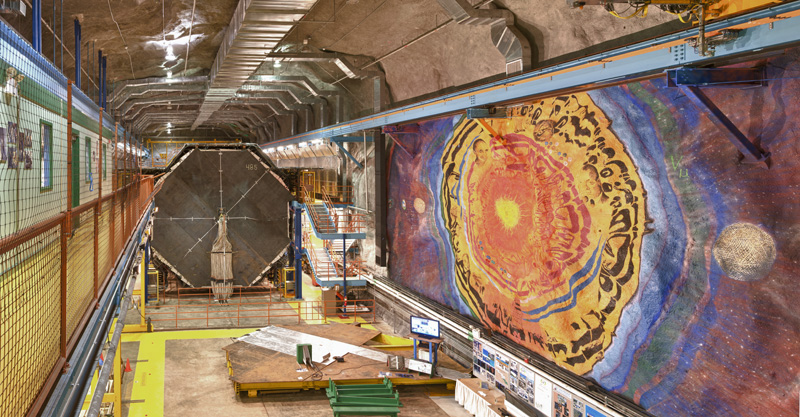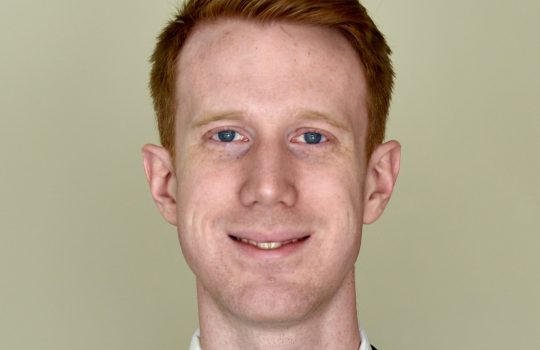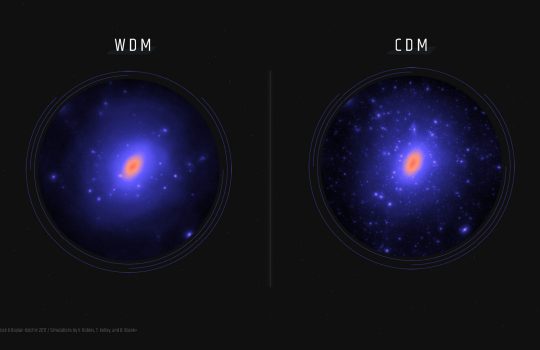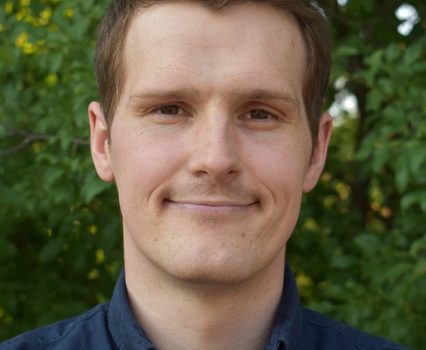ICEBERG tests future neutrino detector systems with ‘beautiful’ results
Scientists are testing the components and systems for the international Deep Underground Neutrino Experiment, hosted by Fermilab, with other liquid-argon particle detectors. One such detector is ICEBERG, which is over 10,000 times smaller than DUNE will be. ICEBERG’s measurements are providing insight for future neutrino experiments.

